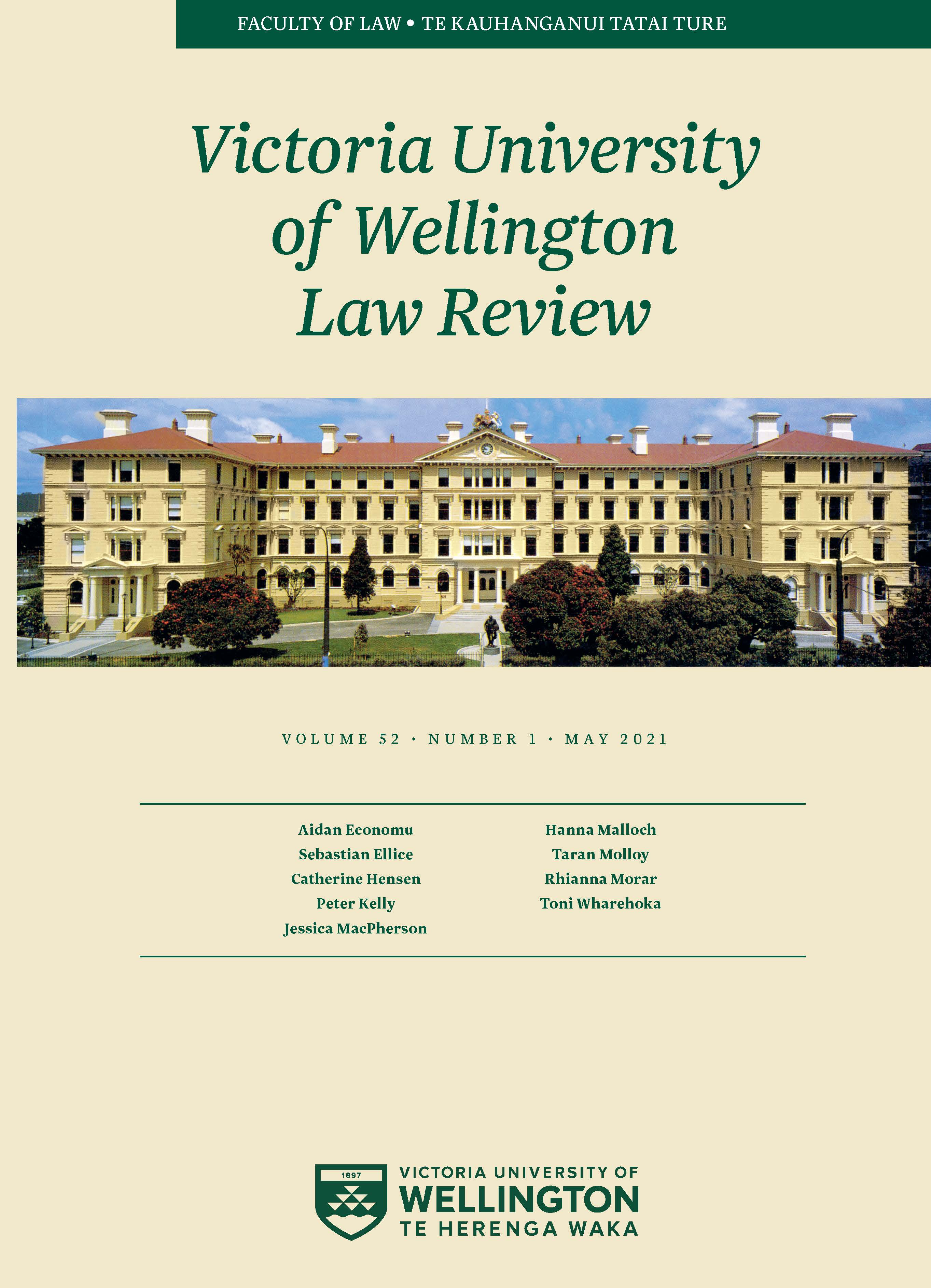On what Authority? In Search of a Legal Authority for Government Facilitation of "Media Ride-Along" Programmes and the Privacy Harm they Cause
DOI:
https://doi.org/10.26686/vuwlr.v52i1.6847Abstract
Whether it be through the tort of privacy or the Broadcasting Standards Authority, involuntary subjects of reality journalism have suffered sufficient harm at their inclusion to take legal action against the media. Utilising the TV series Border Patrol as a case study, this article looks at the role that government agencies play in facilitating this harm, rather than the media which produce and broadcast these programmes. The tort of privacy is adopted in this article as a framework to examine and establish the significant risk of privacy-related harm in this area. Following the proposition that the state must act under legal authority, it is argued that government agencies must have a clear legal basis for permitting production companies to enter and film passengers in the controlled border space, particularly given the high risk of privacy breaches. There does not appear to be any legal justification or authority for facilitating access to this space. Given these agencies' public assurances regarding transparency and privacy, they should identify and publicise this legal basis, alongside documentation of their interaction and co-operation with the media production company.
Downloads
Downloads
Published
How to Cite
Issue
Section
License
Authors retain copyright in their work published in the Victoria University of Wellington Law Review.


